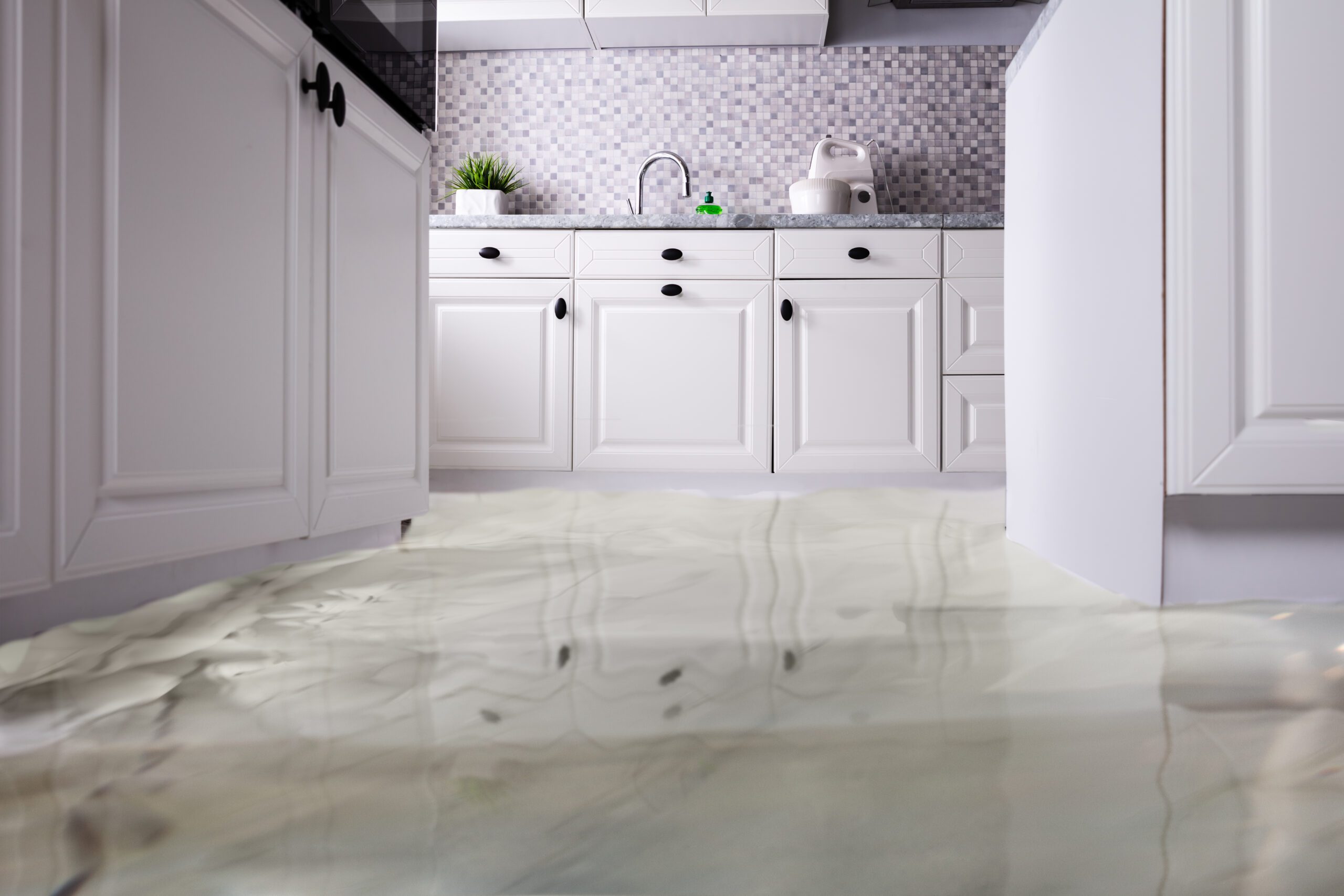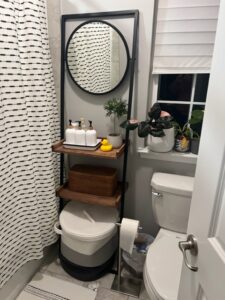Introduction:
Every time we’re about to head out on a vacation or even a long weekend at the shore, I find myself thinking – should I shut off the main water valve to the house? Full disclosure, I normally don’t do this, but I should, and will start now that I’ve written this post. While we have never experienced the catastrophe of a water line burst while not at home, we know people who have, and it can be devastating. Over the years some enlightening conversations have given me insights that might just make you rethink your pre-vacation checklist.
Why Shut Off the Main?
Turning off the main water supply before jetting off isn’t just a matter of being overly cautious; it’s a proactive measure to safeguard your home. Here’s why:
- Potential Water Damage: A broken water line can flood your home, damaging everything from floors to furniture. The aftermath isn’t just about mopping up; it’s dealing with warped wood, ruined electronics, and, in some cases, compromised structural integrity.
- Mold and Mildew: Standing water or prolonged dampness becomes a breeding ground for mold and mildew. These not only threaten the health of your living space but can pose respiratory risks and allergic reactions for the inhabitants upon return.
- Escalated Utility Bills: Even a minor undetected leak, over the span of your vacation, can result in a surprisingly high water bill. This is an unpleasant surprise nobody wants to experience.
- Strain on Septic Systems: If you have a septic and there’s a leak or a pipe break, continuous water flow can strain the system, leading to potential overflows or backups.
Weekend Getaways vs. Extended Holidays
If you are out for just a weekend? You might ponder the question of whether you should turn off the water main, even for a short period. I’d say, better safe than soggy. A mere 48 hours can escalate a tiny drip into a deluge if a line break occurs.
Reasons You Should NOT Turn Off the Main
While shutting off the main water supply will prevent catastrophic issues, there are several situations where it may not be advisable to do so. Here’s why:
- Risk of Frozen Pipes: If you reside in colder regions, maintaining a steady flow of water can be critical to preventing pipes from freezing. Once frozen, pipes can burst, leading to extensive damage upon thawing. A minimal drip from faucets can ward off this freezing risk during icy conditions.
- Water-Dependent Heating Systems: Certain home heating systems, such as radiant floor heating or hydronic baseboard heating, rely on water to operate. Turning off the main could disrupt these systems, compromising your home’s temperature maintenance, especially during colder months.
- Dependence of Automated Systems: Homes today come equipped with automated systems like sprinklers, pool fillers, or pet water dispensers, in my case, an automated saltwater aquarium that requires water to perform top-off functions. These systems require a continuous water supply to function correctly, so be sure to consider these factors also.
- Potential Water Pressure Surges: Abruptly shutting off and then reactivating the water main might lead to a pressure surge. This sudden rise in pressure could pose a threat to sensitive parts of your plumbing.
- Reliance on Water by Caretakers: If you’ve arranged for someone, perhaps a neighbor or friend, to look after your plants, pets, or any chores demanding water, they’ll need an active water source.
Turning Off Your Water Main: A Quick Guide
If you’re now leaning towards the “better safe” camp, here’s a straightforward guide:
- Locate the Main Valve: Usually, this is either where the main water line enters your house or near the water meter.
- Shut It Off: Valves typically either twist clockwise or have a lever you need to rotate to a perpendicular position to the pipe.
- Release the Pressure: Post valve shut-off, open a faucet in the house. This helps to drain the lingering water and release any pressure.
Welcome Home: Turning the Water Back On
And when it’s time to settle back into home sweet home:
- Slowly Open the Main Valve: A gradual turn ensures no sudden pressure spikes.
- Check the Faucets: Ensure the water runs smoothly. Sputtering is normal at first as air escapes.
- Inspect for Leaks: As a precaution, always check around the house for any unexpected drips or issues post-activation.
Conclusion:
While there’s no one-size-fits-all answer, leaning on the side of caution and shutting off your main water valve while on vacation is almost always a good idea. However, as we discussed, make sure none of your systems require water to operate, or if you are leaving during an extremely cold period, you may want to keep a dripping faucet to avoid freeze-ups. In either of those cases, it’s a good idea to have someone periodically check on your home if possible. And if ever in two minds, always remember: professionals are just a call away for sound advice.
Until next time, Happy Travels
Here’s a few other articles that you may be interested in:
Homeowner Essentials: Tips for All Homeowners!
Tankless Water Heaters: Are They Worth It? You May Be Surprised!
Please leave us a comment below or tell us about an experience you or someone else may have had with not shutting the water off while on vacation.




